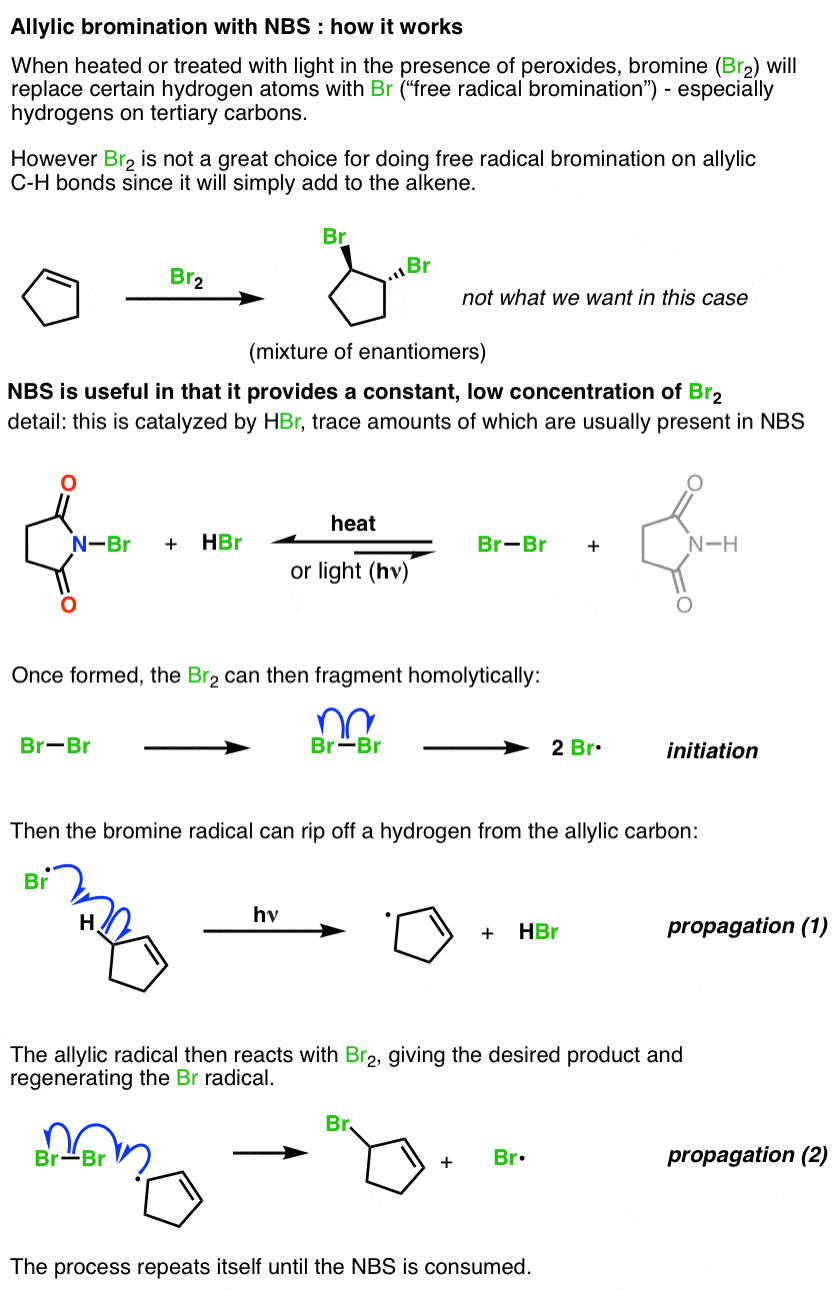It provides plenty of examples including allylic and vinyli.
Substitution at allylic and vinylic carbons.
Since both carbon atoms form a double covalent bond so both are sp 2 hybridized.
This organic chemistry video tutorial explains how to determine which carbocation is most stable.
In reaction conditions that favor a s n 1 reaction mechanism the intermediate is a carbocation for which several resonance structures are possible.
The product is an allylic halide halogen on carbon next to double bond carbons which is acquired through a radical chain mechanism.
Nucleophilic substitution at an allylic aliphatic trigonal and sni reactions and nucleophilic substitution at a vinylic carbon reactivity effects of substrate content writer.
Allyl indicates a functional group with structural formula h 2 c ch ch 2 r where r is the rest of the molecule it consists of methylene bridge ch 2 in between the vinyl group ch ch 2 and the rest of the molecule therefore allyl group contains sp 2 hybridized vinyl carbon atoms and sp 3 hybridized allyl carbon atom.
Joong youn shim phillip f.
Journal of the american chemical society 2001 123 24 5787 5793.
See also allylic hydrogen.
This explains the product distribution or.
Inversion versus retention of configuration for nucleophilic substitution at vinylic carbon.
An allylic rearrangement or allylic shift is an organic reaction in which the double bond in an allyl chemical compound shifts to the next carbon atom.
The key difference between allylic and vinylic carbon is that allylic carbon is the carbon.
The general formula for vinyl group is r ch ch 2 in which both carbon atoms are bonded with double bond and r is attached at vinylic position.
As the table below shows the dissociation energy for the allylic c h bond is lower than the dissociation energies for the c h bonds at the vinylic and alkylic positions.
Key difference allylic vs vinylic carbons functional groups are very important in understanding the different physical and chemical properties of organic molecules the terms allylic and vinyl carbons indicate whether the carbon atom is bonded directly or indirectly to a double bond in a molecule.
It is encountered in nucleophilic substitution.
Why substitution of allylic hydrogens.
Boone and ann m.

